Note: this information is currently being revised.
These procedures have been established by the College to protect and support its mission as an educational institution, provide for the orderly conduct of its activities, and safeguard the interests of the College community. These disciplinary procedures are considered part of the College’s educational process. Hearings or appeals conducted as part of this process are not courts of law and they are not subject to many of the rules of civil or criminal hearings. Because some violations of the College’s Student Code of Conduct are also violations of law, students may be accountable to both civil authorities and to the College for their actions. Disciplinary action at the College will normally proceed regardless of external civil or criminal proceedings and may be carried out prior to, simultaneously with, or following civil or criminal proceedings.
Charges
Any student, staff, or faculty member may file a formal complaint against any student for violating the Student Code of Conduct (Policy 6.210). Prior to initiating a formal complaint process a student, faculty or staff member must attempt to informally resolve the complaint (Exceptions to this will be determined by the appropriate College official). Faculty and staff, depending on the severity of the violation, may elect to warn a student regarding violations of the Student Code of Conduct by completing a Student Conduct Warning form.
*A formal complaint must be filed within fifteen (15) working days of the date that the incident or event occurred that prompted the formal complaint.
Complaints should be prepared on a College “Formal Complaint Form” and directed to the Dean of Student Services. These forms are available in Student Services, Registrar’s Office, Human Resources Office, Learning Resource Center (Library), Community Education Office, South County Campus, and MERTS.
Investigation of Charges
The Dean of Student Services, or his/her designee, will conduct an investigation to determine if the charges have merit and/or if they can be resolved administratively by mutual consent of the parties involved. During investigation of the charges, the status of the student shall not be altered nor shall his/her right to be present on the campus and to attend classes be suspended except for reasons related to the safety and well-being of students, faculty, staff, or College property, or in cases where the student’s presence interferes with the orderly operation of the College as judged by the Dean of Student Services. Under these circumstances the “summary suspension” policy may be invoked according to the College’s policy on Sanctions for Violations of the Student Code of Conduct-6.212).
Hearings
There are two levels of hearings, informal and formal. The informal hearing step shall be held for all violations of the Student Code of Conduct in which it has been determined that the charges have merit and cannot be discharged administratively with the consent of all involved parties. Formal hearings are held in cases where the violation of the Student Code of Conduct could result in such disciplinary action as final expulsion, or indefinite or long-term suspension from the College.
Notice
A student charged with a formal complaint for violating the Student Code of Conduct or any other College policy or rule will be notified to meet with the Dean of Student Services or his/her designee at a specific time, date, and place regarding the charges. Notification will be made in the most effective manner considering the circumstances and timelines. Notification may include a phone call followed up by a letter, notification exclusively by postal service, e-mail, or any other method determined to be effective and expedient. In the case of a dependent student, such notice may also go to the parent or guardian.
Required Attendance
Failure on the part of the accused student to meet as requested for an informal or formal hearing without good cause and prior notification or a verifiable emergency, will result in a decision being made in the student’s absence. In all cases, evidence in support of the charges shall be presented and considered. The student shall be notified of this decision in writing.
I. Informal Hearings
If the Dean of Student Services determines that the charges have merit and the situation cannot be resolved by mutual consent of the involved parties, he/she will conduct an informal hearing utilizing the following steps:
A. Review the charges with the student and ensure that the student receives, in writing, notification of the charges.
B. Review the possible disciplinary action that could be taken if the student is found to have violated the Student Code of Conduct.
C. Set a follow-up meeting date/time for the student to respond to the charges. This date should be not less than five (5) or more than ten (10) working days from the date of the initial meeting with the student.
D. At this follow-up meeting, the Dean of Student Services and the student will discuss the charges and the student’s response.
E. Within ten (10) working days of the meeting in which the student responded to the charges, the Dean of Student Services will take one of the following actions:
• Dismiss the charges
• Respond with counseling and behavior advice/referrals
• Order restitution or probation
• Reprimand the student in writing
• Invoke short-term suspension (no longer than one week).
• Order a formal hearing (to be held no more than fifteen (15) working days after the student is informed of this decision by the Dean of Student Services).
• Recommend any other action or combination of actions short of long-term suspension or expulsion, which is directed at remedying the situation in accordance with College Policy 6.212, “Sanctions for Violations of the Student Code of Conduct.”
F. The student will be notified, in writing, of the decision of the Dean of Student Services.
Appeals
With the exception of an order for a formal hearing, a student may appeal the decision of the Dean of Student Services. The request for an appeal must be made, in writing, within five (5) working days to the Vice-President of Instruction or his/her designee. The Vice-President shall render a decision, in writing, on the appeal within ten (10) working days. The decision of the Vice-President shall be final and not subject to further appeal.
II. Formal Hearings
Formal hearings are held in cases where alleged violations of the Student Code of Conduct could result in such disciplinary action as expulsion or long-term suspension from the College. The Dean of Student Services, or his/her designee, will convene the Student Issues Committee for formal hearings. The charge of the committee is to consider all academic appeals, requests for reinstatement of financial aid, and student conduct cases in which the potential sanction being considered is suspension or expulsion. The Committee will utilize the following structure and processes:
A. Membership of the Committee will include:
• Five representatives from the Faculty Association
• One representative from the Registrar’s Office
• One at-large representative from the service/supervisory staff.
• One student appointed by the ASG president (only during student discipline hearings).
• Dean of Student Services or his/her designee (only during student discipline hearings).
B. Members will serve for no longer than three years; vacancies that occur during the year shall be filled as they arise.
C. A quorum shall consist of five members for student discipline hearings; four for non-discipline related sessions.
D. All committee members shall have voting rights. In the case of a student discipline hearing, however, the Dean of Student Services or his/her designee will abstain from voting.
E. The committee shall select a chairperson and establish rules for conducting regular meetings. During formal student conduct hearings, the Dean of Student Services serves as chair of the committee and meetings are conducted utilizing the following formal hearing guidelines:
A. The hearing process employed by the Student Issues Committee is not subject to the formal procedures or technical rules of evidence found in a court of law. All hearings and meetings, however, will be conducted in an atmosphere of fairness and concern for all parties involved.
B. Hearings are not open to the campus community, general public, or press.
C. The deliberations and decisions of the Student Issues Committee are considered confidential in compliance with student rights to privacy as regulated by the Family Educational Rights and Privacy Act (FERPA).
D. Admission of any eligible person to the hearing shall be at the discretion of the Dean of Student Services.
E. The accused student will be provided with a list of the names and titles of the Committee members prior to the date of the scheduled hearing.
F. Students may be assisted at hearings by an advisor (any faculty or staff member or student enrolled at Clatsop Community College) but must conduct all aspects of their own defense. Advisors are not permitted to speak or to participate directly in any hearing. This process is not a court of law and legal counsel is not part of the student judicial process. The student may seek legal advice at his/her own expense, but to avoid an adversarial situation and to maintain an educational environment and not the appearance of a court of law, neither the College nor the student will be represented by a lawyer during the hearing. An exception regarding legal counsel will be made in the event that criminal charges against a student are either pending or potential. The attorney will be allowed to advise the student but not allowed to speak at or participate directly in the hearing. The cost of such counsel shall be borne by the student. If such legal counsel is required, the student must provide, in writing, sufficient notice to the College so that the College may also arrange for legal counsel to be present.
G. Written statements, exhibits, academic records or any other documentation relevant to the proceedings may be accepted as evidence for consideration at the discretion of the Dean of Student Services. Evidence commonly relied upon by reasonable people in the conduct of their daily business affairs shall be admissible. Unduly repetitious or cumulative evidence may be excluded.
H. All involved parties have the right to present witnesses and evidence subject to the approval of the Dean of Student Services. Witnesses also have the right to have an advisor present subject to the same restrictions as the accused student.
I. The accused student will have the opportunity to hear and question all participants at the hearing by directing questions to the Committee.
J. In no case will the Committee consider written statements adverse to the accused student unless the content and names of those making the statements are available to the student.
K. The hearing shall proceed in the following order:
1. Declaration of the charges against the student.
2. Presentation of evidence and witnesses in support of the charges.
3. Opportunity for the accused student to ask questions of witnesses by directing them through the Committee.
4. Opportunity for the Committee to direct questions to witnesses.
5. Accused student’s evidence and witnesses in opposition to the charges.
6. Opportunity for the accused student to ask questions of witnesses by directing them through the Committee.
7. Opportunity for the Committee to direct questions to witnesses and accused student.
8. Summary statement from the accused student.
L. The final decision for all procedural questions regarding the hearing rests with the Dean of Student Services.
M. A record of the proceedings shall be kept. The record shall be the property of the College.
N. If the accused student elects not to appear at the hearing, a hearing considering all available evidence will be held in the student’s absence.
Outcome of Hearing
Upon conclusion of the hearing, in a closed session, the Student Issues Committee shall determine by majority vote whether it is more likely than not that the student has violated the section or sections of the Student Code of Conduct with which he/she is charged. The Dean of Student Services or his/her designee will abstain from voting. The Student Issues Committee will then present, in writing, to the Vice-President of Instruction its findings, conclusions, and recommendations.
The record of the hearing, findings, and recommendations of the Student Issues Committee shall be reviewed by the Vice-President. If the Vice-President concludes that additional evidence should be considered, he/she may request further investigation by the Committee. If the Vice-President is satisfied the record is complete; he/she may affirm or modify the recommendation of the Committee.
Notification of Outcome
The student will be notified, in writing, within ten (10) working days of the decision of the Vice-President of Instruction.
Appeals
Appeals of disciplinary sanctions imposed by the Vice-President of Instruction may be made only when the student has been suspended for more than one week or expelled. The only grounds upon which an appeal of the decision of the Vice-President of Instruction will be considered are:
A. A procedural error or irregularity which materially affected the decision.
B. New evidence of substantive nature not previously available at the time of the hearing that would have materially affected the decision.
C. Demonstrated bias on the part of the Committee that materially affected the hearing. Evidence of such bias must be included with the appeal.
D. The sanction imposed is clearly excessive when compared to the findings established during the hearing process.
If the student feels that he/she has grounds for an appeal, the student must appeal the decision of the Vice-President by filing a written appeal with the College President within ten (10) working days of receipt of the Vice-President’s decision. The President shall render a decision, in writing, regarding the appeal within ten (10) working days. The decision of the President shall be final and not subject to further appeal.
*(All deadlines indicated in this procedure may be extended or reduced with the agreement of both parties.)


